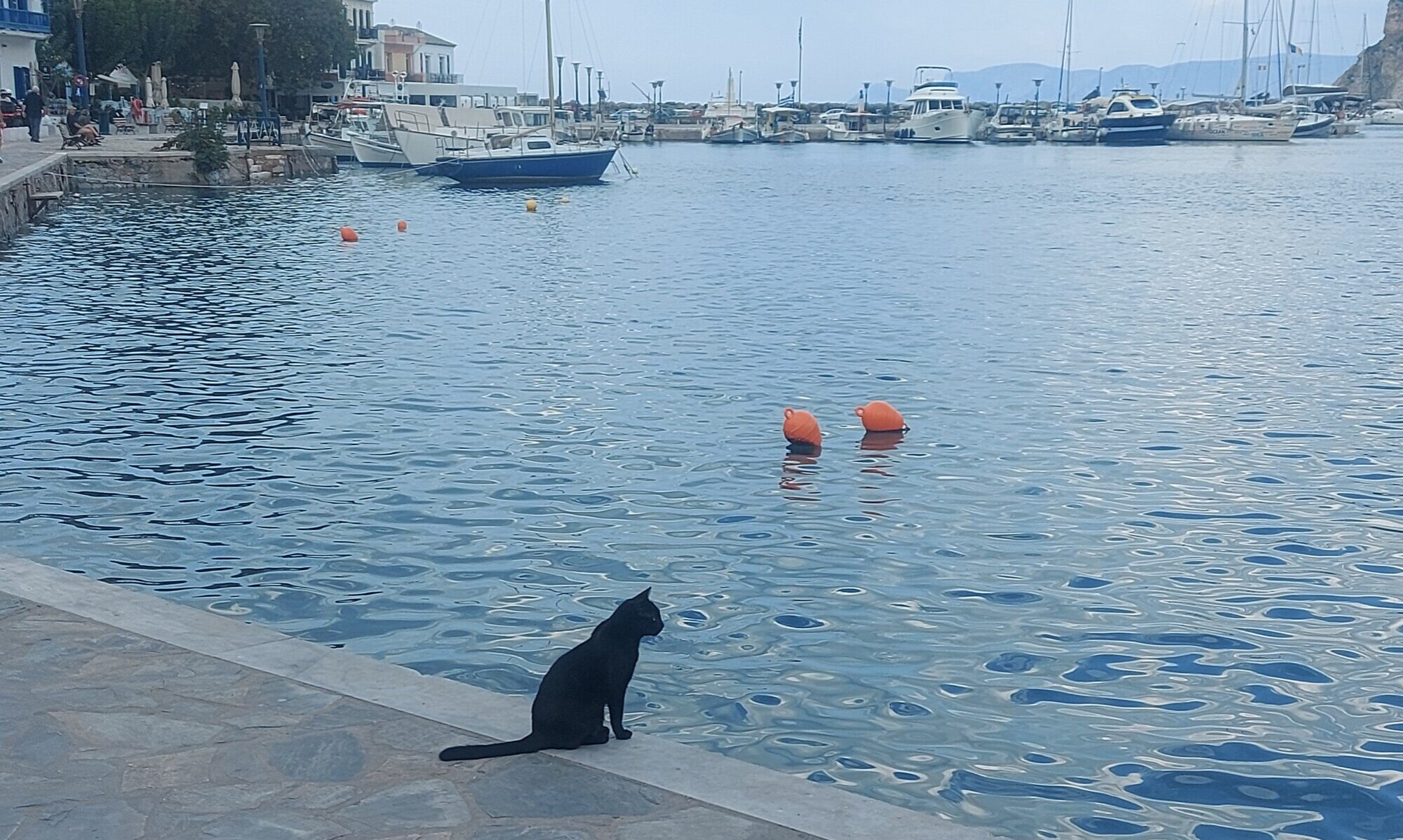The Ancient Skopelos Survey (ASkoS) project aims to fill a gap in knowledge and improve our understanding of the 3rd and 2nd millennia BCE Northern Sporades by focusing on one of the largest but insufficiently explored islands – Skopelos. The main objective of the project is to determine the position of Skopelos in the context of social, political and cultural changes in these millennia. More specifically, the project aims to:
1) Diachronically examine changes in habitation patterns with a specific focus on the 3rd and 2nd millennia BCE;
2) Correlate the documented patterns to broader social, political and cultural changes in the Aegean;
3) Correlate the documented patterns to local changes in the environment;
4) Explore the role of Skopelos within intra- and interregional interaction networks of the 3rd and 2nd millennium BCE;
5) Identify a site with the potential for future in-depth exploration through archaeological excavation.
Although the main research focus is the 3rd and 2nd millennium BCE, we believe that the holistic and non-selective methodological approach of the project will improve current knowledge about archaeological remains of all prehistoric and historic periods attested on the island.
The ASkoS project (2024–2028) is a collaborative effort (synergasia) with the Ephorate of Antiquities of Magnesia of the Hellenic Ministry of Culture and, under the auspices and research permit of the Polish Archaeological Institute at Athens (PAIA), the Universities of Warsaw, the Charles University in Prague, and Heidelberg.

The project is co-funded by the Ephorate of Magnesia,
the University of Warsaw IDUB: Excellence Initiative – Research University, no. 501-D115-20-7004,
and the Cooperatio Program by Charles University, research area Archaeology


